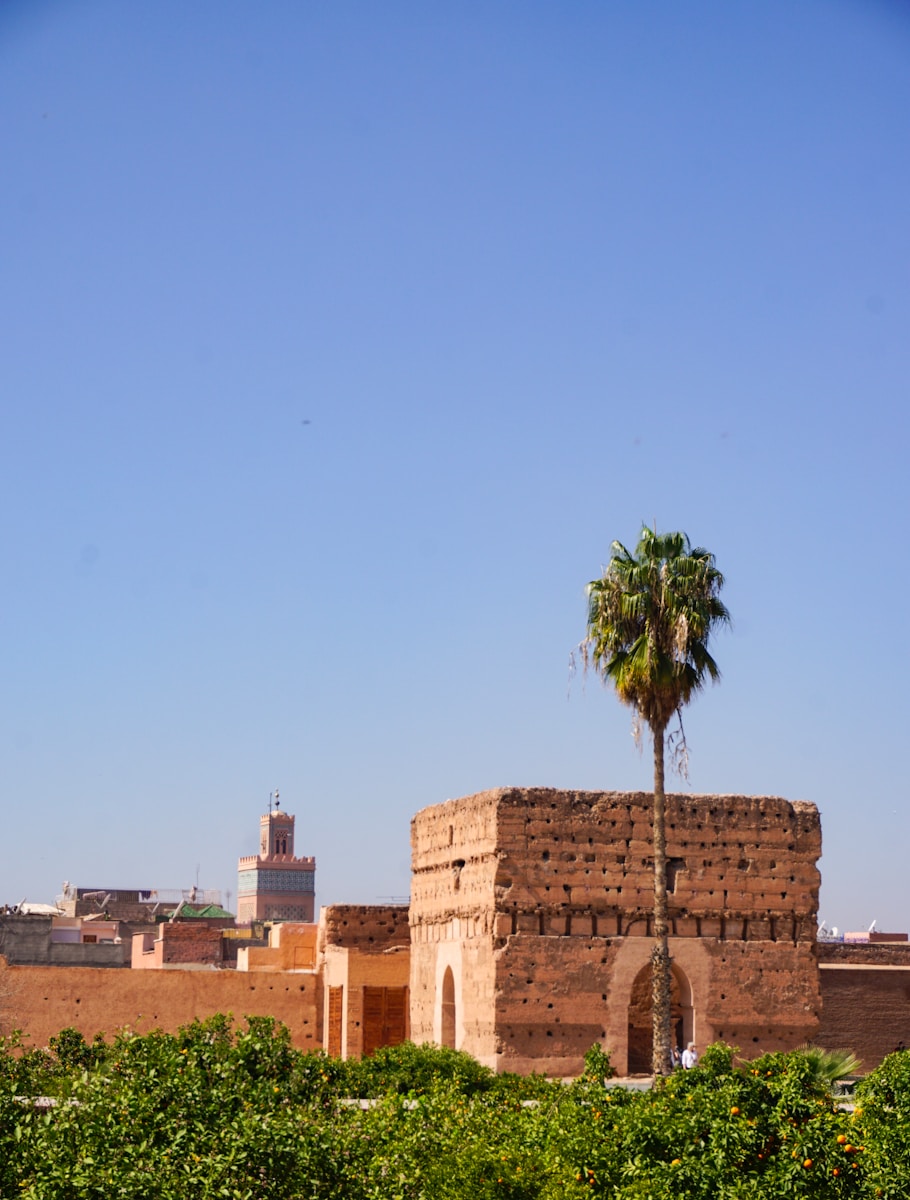African Publishing: 7 Powerful Lessons from Henry Chakava Legacy
African Publishing is a dynamic force where history, politics, and entrepreneurship converge. Henry Chakava’s pioneering work in East Africa offers a blueprint for contemporary publishers seeking to balance autonomy, activism, and sustainable business practices. His legacy demonstrates that African Publishing can thrive when local ownership, bold editorial choices, and resilience intersect to challenge external pressures and censorship.
1. Building Local Ownership
African Publishing begins with local control. Chakava’s establishment of East African Educational Publishers demonstrated how full Kenyan ownership could empower indigenous authors and disrupt multinational dominance. By prioritizing African voices and decision-making, publishers ensure that their operations reflect local realities and cultural contexts rather than external commercial interests. This principle remains foundational for any publisher committed to authenticity and sustainability.
2. Overcoming Colonial Legacies
The colonial imprint left African publishing heavily dependent on British multinationals. Chakava’s efforts to indigenize publishing challenged these entrenched structures. African Publishing today can draw from this legacy by resisting exploitative global models, asserting local rights to intellectual property, and diversifying markets to reduce dependency on foreign entities. Strategic autonomy allows publishers to curate content that is culturally and politically relevant.
3. Courage in Editorial Choices
Publishing controversial works is essential for a vibrant industry. Chakava consistently supported authors who tackled political and social taboos, including Ngũgĩ wa Thiong’o. African Publishing thrives when publishers are willing to confront censorship and take calculated risks. This commitment ensures that literature remains a vehicle for societal reflection and change, reinforcing the publisher’s role as both an economic and intellectual actor.
4. Navigating Censorship and Political Pressure
African Publishing faces ongoing challenges from political censorship and subtle pressures. Chakava’s experiences illustrate how publishers can operate strategically within restrictive environments while continuing to promote progressive and critical voices. By understanding the historical and contemporary roots of censorship, publishers can develop methods to safeguard intellectual freedom and sustain radical and independent scholarship.
5. Integrating Business Viability
Autonomy in African Publishing requires sustainable business models. Chakava emphasized that publishing must be financially viable to support creative freedom. African publishers today can learn from his approach by balancing investment, marketing, and distribution strategies to create resilient businesses that maintain editorial independence. Economic self-sufficiency strengthens the publisher’s capacity to resist external pressures and pursue innovative content.
6. Supporting Indigenous Languages
Chakava championed the publication of works in indigenous African languages, such as Gikuyu, recognizing their cultural and political significance. African Publishing thrives when linguistic diversity is embraced, ensuring that literature reflects local identities and histories. Promoting indigenous languages enhances readership engagement, preserves cultural heritage, and challenges the dominance of foreign-language publications in African markets.
7. Expanding Regional Distribution
African Publishing extends beyond national borders. Chakava’s efforts with the African Books Collective and the African Publishers Network (APNET) show how regional collaboration can enhance access and distribution. By creating networks that connect authors, publishers, and distributors across Africa, publishers can reduce dependence on foreign markets and build resilient continental infrastructures for literature and knowledge dissemination.
8. Leveraging Endogenous Capitalism
Chakava understood that African Publishing must operate within economic realities while asserting independence. Endogenous capitalism involves mobilizing local resources, investments, and partnerships to strengthen the industry. By prioritizing African capital and financial structures, publishers can mitigate external control, invest in talent development, and ensure long-term sustainability of local publishing ventures.
9. Influencing Policy and Global Perception
Publishing autonomy requires active engagement with policy frameworks and global perceptions. Chakava lobbied to reform World Bank funding priorities that favored imported textbooks over local content. Modern African Publishing benefits from engaging with international organizations and policy discussions to secure support for locally relevant content. Learn more about innovative publishing initiatives at African Arguments, a leading platform for African thought leadership.
10. Inspiring the Next Generation
African Publishing must nurture emerging talent and future leaders in the literary sector. Chakava’s legacy highlights the importance of mentorship, training, and capacity building to equip new publishers with the skills to navigate both business and activism. By fostering a culture of innovation and resilience, the industry can ensure continuity of independent thought and local storytelling traditions.
Conclusion
African Publishing demonstrates that autonomy, courage, and strategic business practices are essential for a thriving literary ecosystem. Henry Chakava’s legacy offers lessons in balancing activism with economic viability, promoting indigenous languages, and resisting external pressures. As African publishers continue to confront censorship and global commercial dominance, taking control of publishing infrastructure and policies remains vital. Explore related insights on sustainable publishing in Africa at African Publishing Strategies to enhance your understanding and engagement with the continent’s evolving literary landscape.




